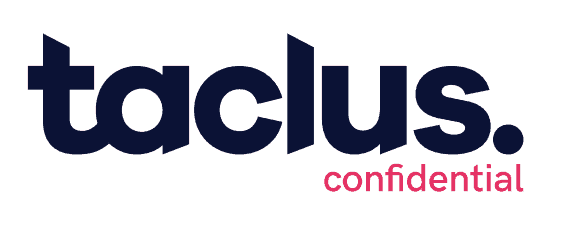As a solicitors you need to comply with GDPR.
There are so many important documents in a solicitor’s office.
From wills and house deeds, to business contracts, client contracts, and statements and briefs for criminal trials.
Many must be held for several years.
However, if your files aren’t destroyed securely after the statutory periods for some legal activity or the practice’s policy period, you could find your office swamped by old paperwork.
So, what are your options?
Staff shredding– This could take a member of staff out of their other duties for four or five hours every week, depending on how busy your practice can be. It’s an onerous task and this is time your staff could be spending dealing with clients, processing paperwork, or chasing invoices.
Outsourcing– This could save your staff time and it could save your practice money. Your staff time is more valuable spent in other ways. However, you need to know your documentation is being transported and destroyed securely by a company whose staff are checked and vetted.
If you choose outsourcing, here are three questions to ask your prospective contactor:
- How will your documents be destroyed and what will happen to them afterwards?You need to know that the shredding facility is secure, that the shredding will destroy the data, and that any recycling will not allow documents to be re-assembled.
- What certificates will you receive for your audit trail?With GDPR (General Data Protection Regulation) implementation imminent on May 25, it’s vital that you have that paper trail to ensure you’re covered as a practice if there is a data breach. Under the new data regulations, businesses can face a fine of up to 4% of turn-over or 20 million Euros, whichever is the higher. You will need proof of transfer and a certificate of destruction.
- Will your provider be compliant with GDPR – and how will the company ensure that? Thisis so important at the moment. Every organisation which sends data outside it must know how its third-party contractors comply with GDPR.
Look for a company where staff are uniformed and security checked to ensure you know who is handling your paperwork – just like Taclus Confidential.
Why you should choose Taclus Confidential – A South Wales secure shredding company
We offer confidential paper waste and hard drive destruction services at affordable prices.
Taclus Confidential holds the accreditations for ISO 9001:2015 for quality management and ISO14001:2015 for environmental management and has been certified by independent auditors IQS for both.
Taclus has also been selected as the confidential waste management partner for Keep Wales Tidy.



